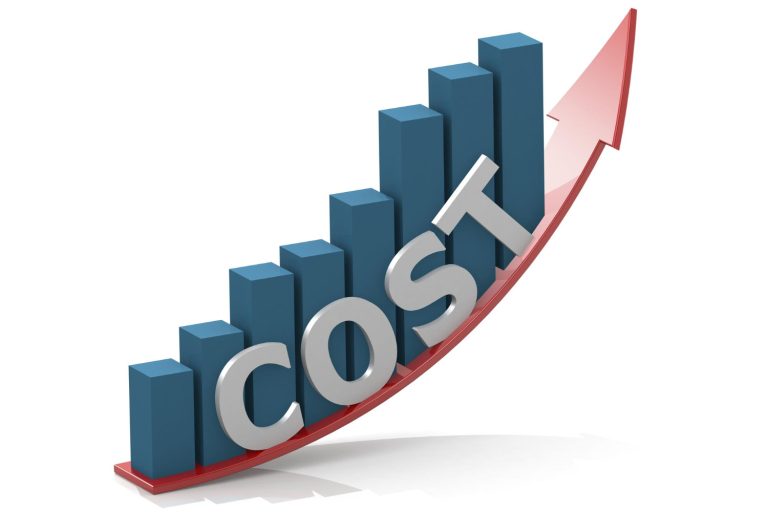The Benefits of Homeownership
Featured Image: Sabaki Green Residence. From Studios to 3 Bedroom Apartments. From 2.7M.
Homeownership offers a mix of financial, social, and emotional benefits. While it involves significant commitment and responsibility, the long-term rewards can make it a worthwhile investment for many individuals and families. Whether building equity, benefiting from tax deductions, or enjoying the stability and freedom that comes with owning a home, the advantages are compelling.
Here are some key advantages:
Financial Benefits
1. Building Equity
As you pay down your mortgage, you increase your equity in the home, which is the difference between the property’s market value and the outstanding mortgage balance. Over time, equity can be a significant financial asset.
2. Appreciation
Historically, real estate has appreciated in value over the long term. While the market can fluctuate, owning a home generally offers the potential for value appreciation, contributing to your overall net worth.
3. Tax Benefits
Homeowners may be eligible for various tax deductions, including mortgage interest and property taxes. These deductions can significantly reduce your taxable income, offering substantial savings.
4. Predictable Housing Costs
With a fixed-rate mortgage, your monthly principal and interest payments remain consistent throughout the loan term, providing stability and predictability in your housing expenses compared to renting, where rent can increase annually.
Social and Emotional Benefits
5. Stability and Security
Homeownership provides a sense of stability and security. Owning a home allows you to establish roots in a community, offering a stable environment for families, particularly for raising children.
6. Freedom to Customize
As a homeowner, you have the freedom to make modifications and improvements to your home without needing permission from a landlord. This ability to personalize your living space can enhance your enjoyment and comfort.
7. Sense of Community
Homeowners often feel a stronger sense of community and belonging. Engaging in neighborhood activities and local governance can enhance your social ties and contribute to community stability.
Long-term Wealth Building
8. Forced Savings
Paying a mortgage is a form of forced savings. Unlike rent, which is an expense that doesn’t contribute to personal wealth, mortgage payments increase your equity and therefore your net worth over time.
9. Hedge Against Inflation
Real estate can serve as a hedge against inflation. As the cost of living rises, property values and rents typically increase as well, meaning that owning a home can protect you from escalating housing costs.
Retirement Security
10. Asset for Retirement
Owning a home can provide financial security in retirement. Homeowners can downsize, sell their property, or take out a reverse mortgage to access the equity they’ve built up over the years.
If you value stability, and have the financial means for upfront costs and ongoing maintenance, and plan to stay in one place for an extended period or buy to rent , homeownership can be a rewarding investment.





